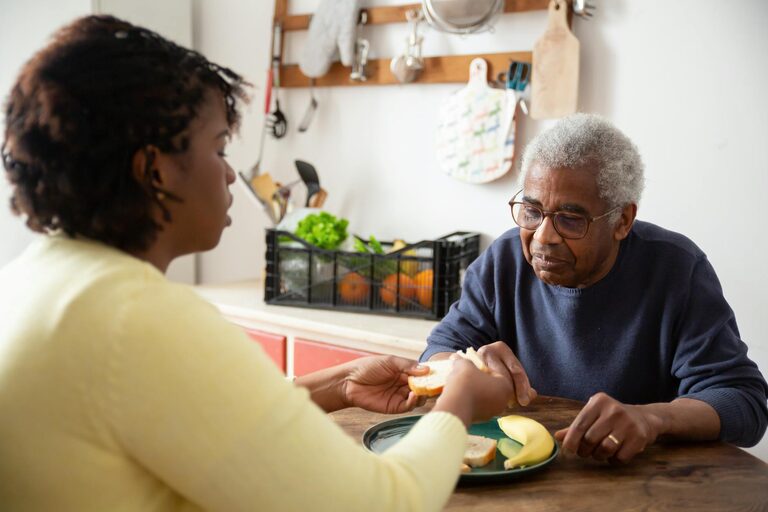Reducing food waste at home is not only good for the environment but also helps save money and improves your overall kitchen organization. Every year, tons of food end up in landfills, contributing to greenhouse gas emissions and wasting the resources used to grow, transport, and prepare that food. By making a few thoughtful changes in your daily routine, you can make a significant difference. Here are some effective strategies to help you reduce food waste at home.
Understand the Causes of Food Waste
Before tackling food waste, it’s helpful to understand why it happens. Common reasons include:
– Buying more than you need
– Improper storage leading to spoilage
– Not using leftovers creatively
– Misunderstanding expiration dates
– Cooking too much food
Knowing these factors can guide your efforts toward practical solutions.
Plan Your Meals Ahead
Meal planning is one of the best ways to reduce food waste. When you plan your meals for the week, you can:
– Create a precise shopping list
– Avoid impulse purchases
– Use ingredients efficiently
Tips for Effective Meal Planning
– Check your pantry and fridge before shopping to use what you already have.
– Choose recipes that use overlapping ingredients to minimize waste.
– Include meals that use up leftover produce or proteins.
Shop Smart and Mindfully
Grocery shopping can be a major contributor to food waste if done without a plan. Here’s how to shop smarter:
– Stick to your shopping list to avoid buying unnecessary items.
– Buy loose fruits and vegetables instead of pre-packaged ones, so you get exactly what you need.
– Choose smaller quantities of perishable items to consume before they spoil.
– Avoid shopping when hungry to prevent overbuying.
Store Food Properly
Proper food storage extends the life of your groceries and reduces spoilage. Here are some storage tips:
Fruits and Vegetables
– Store leafy greens in airtight containers lined with paper towels to absorb moisture.
– Keep apples and bananas separate from other fruits to slow ripening.
– Refrigerate berries and mushrooms promptly to maintain freshness.
Bread and Bakery Items
– Freeze extra bread if you won’t use it within a couple of days.
– Avoid storing bread in the refrigerator, which can dry it out faster.
Dairy and Protein
– Keep meat and fish tightly sealed and freeze any portions you won’t eat within two days.
– Label leftovers with the date they were made to monitor freshness.
Use Leftovers Creatively
Leftovers don’t have to be boring or wasted. With a bit of creativity, they can become delicious new meals.
– Turn roasted vegetables into soups or salads.
– Use stale bread for croutons or bread pudding.
– Make smoothies with overripe fruits.
– Combine leftover rice and veggies for fried rice.
Label and store leftovers in clear containers, so they are easy to identify and use up quickly.
Understand Expiration Dates
Dates on food packaging can be confusing. Here’s a quick guide:
– “Best before” indicates quality, not safety. Food may still be good after this date.
– “Use by” is about safety and should be followed strictly.
– Many foods like yogurt, hard cheese, and canned goods often last beyond printed dates if stored properly.
Trust your senses—look, smell, and taste food before discarding it if you’re unsure.
Compost Food Scraps
Despite your best efforts, some food scraps will be unavoidable. Composting is an eco-friendly way to recycle organic waste into valuable soil nutrients.
– Set up a compost bin in your yard or use a kitchen compost container.
– Compost fruit and vegetable scraps, coffee grounds, eggshells, and more.
– Avoid composting meat, dairy, and oily foods at home.
Composting reduces the amount of waste sent to landfills and enriches your garden soil, closing the food loop in a helpful way.
Educate Your Household
Reducing food waste is easier when everyone at home is involved.
– Share food waste goals with family members.
– Teach children about the value of food and ways to minimize waste.
– Make leftover meals a fun family project.
Regularly reviewing what gets wasted can help identify problem areas and improve habits over time.
Final Thoughts
Reducing food waste at home is a practical way to save money, protect the environment, and improve your cooking skills. By planning meals, shopping thoughtfully, storing food properly, and making use of leftovers, you can greatly reduce the amount of edible food thrown away. Small changes add up and lead to a more sustainable and satisfying kitchen experience.
Start applying these tips today and enjoy the benefits of less waste and more mindful eating!

